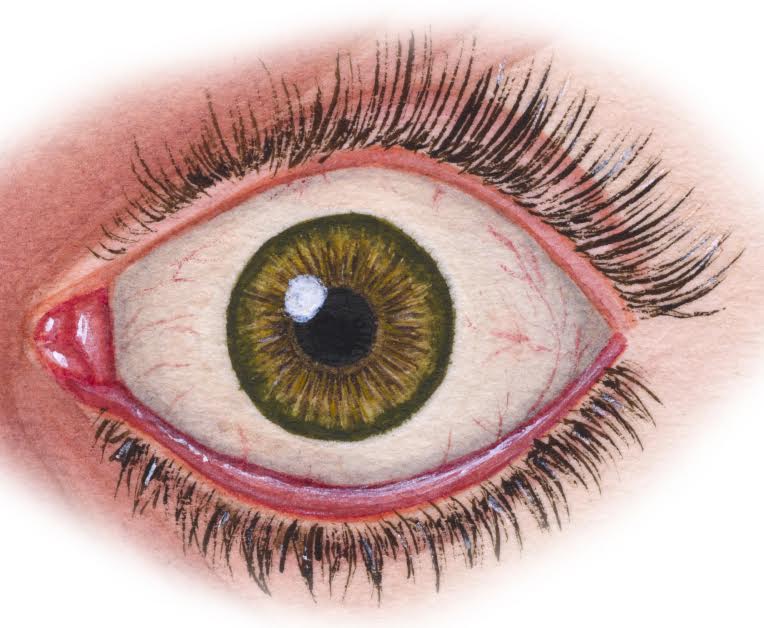Ageing can be cruel on our eyes – even without taking diabetes into consideration!
However, for those of you who suffer from diabetes, a little extra care can go a long way. Orthoptist Allanah Crameri, an active member of Orthoptics Australia, has offered her advice for diabetics wanting to maintain good eye health.
Here’s what’s important…
- Understanding and controlling risk factors such as blood sugar levels, cholesterol and blood pressure is key to effectively managing your diabetes and preventing eye disease. Your blood sugar levels shouldn’t exceed 7.0 and your HbA1c (3 monthly blood sugar testing often done by the GP) shouldn’t exceed 7.0%.
- Leading a healthy and active lifestyle will not only help reduce the risk of diabetic eye disease but also help prevent other health issues. Keeping healthy and active will also help reduce high blood sugar, cholesterol and blood pressure.
- It is important for all diabetics to have regular eye checks. It is recommended that a person with diabetes should see an Ophthalmologist for a dilated eye exam at their time of diagnosis and then at least every two years after. Depending on the level of disease and other risk factors, a patient may need to be seen more regularly than this. Disease may often begin before any visual symptoms are noticed which makes early detections important to reduce any severe disease from being missed and untreated.
- Recognising new and different visual symptoms is important for diabetic patients. They may indicate something more serious going on inside the eye. Some symptoms that may occur include; dark spots or floaters, blurred or distorted vision, difficulty seeing at night, frequency prescription changes, flashes and large floaters. Not all of these are consistent with diabetic eye disease but should always be checked.
- Quit smoking! Smoking increases the risk of diabetes and related conditions significantly. It also increases blood sugar levels and blood pressure. Seek help from your GP or health care professional.
- Effective blood sugar levels are managed and maintained through the help of a healthy diet. You should aim to lead a balanced lifestyle of healthy foods and exercise.
- Key foods to include in your diet are those with high fibre, low GI and reduced fat (but especially saturated fat). Foods such as fish, green and leafy vegetables, nuts and fruit and always good to include in your diet and help to keep you eyes healthy and help to reduce any signs of diabetic eye disease.
What is orthoptics?
Orthoptics is a discipline in eye healthcare specialising in the assessment, diagnosis and non-surgical management of eye disorders. Although closely related, orthoptics does differ from optometry and ophthalmology. Orthoptics Australia is the peak body representing the discipline of Orthoptics in Australia. Allanah Crameri has a special interest in Macular Disease and Diabetic retinopathy.
For more information please visit www.orthoptics.org.au





















Add Comment